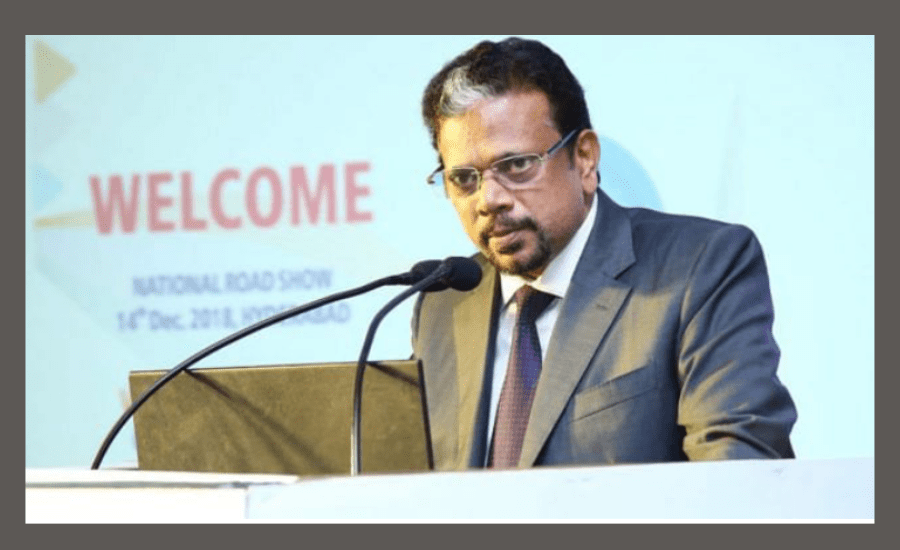Kuniyil Kailashnathan, widely known as KK, retired on Saturday from the Gujarat Chief Minister’s Office (CMO), concluding an extraordinary tenure of 18 years. Kailashnathan, a 1979-batch Indian Administrative Service (IAS) officer, served the last 11 years as the Chief Principal Secretary, a position created especially for him, and held it on multiple extensions since his official retirement in 2013.
Kailashnathan’s journey with the Gujarat CMO began in 2006 when Narendra Modi was the Chief Minister. Renowned for his unwavering loyalty and exceptional administrative skills, KK became one of Modi’s most trusted aides. His significant role in the state’s administration was emphasized by his retention in the CMO as Chief Principal Secretary even after his superannuation. This move underscored his unparalleled value and the trust placed in him by Modi.
Speculation abounded that Kailashnathan would join the Prime Minister’s Office (PMO) after Modi became Prime Minister in 2014. However, the discreet and dedicated civil servant chose to remain in Gujarat, continuing to serve as Modi’s key strategist and advisor in the state.
On Saturday, Gujarat Chief Minister Bhupendra Patel acknowledged Kailashnathan’s invaluable contributions in a post on X, highlighting the pivotal role the veteran IAS officer played in the state’s governance.
Born a Malayali but raised in Tamil Nadu, Kailashnathan’s father worked with the postal department in Ooty. He graduated from Madras University and holds a postgraduate degree from the University of Wales.
Throughout his illustrious career, Kailashnathan held several significant positions. He served as the collector of Surat and Surendranagar and was the municipal commissioner of Ahmedabad from 1991 to 2001. As the CEO of the Gujarat Maritime Board, he spearheaded the privatisation of ports, a role that introduced him to industrialist Gautam Adani, who later recommended him to Modi.
Kailashnathan’s departure marks the end of an era in the Gujarat CMO, where his steady leadership and strategic acumen were instrumental in shaping the state’s administrative landscape.





























